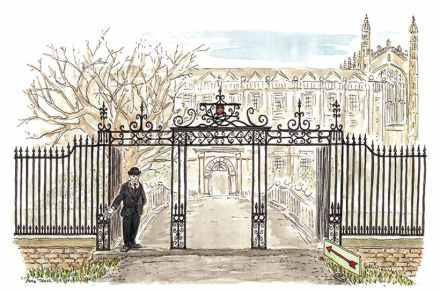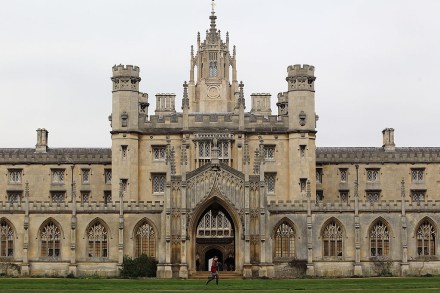Why do we still struggle to see Xi’s China as a threat?
For years Westminster has been obsessing over Russian interference in Britain. Yet while we fret over oligarchs and social-media bots, the most dangerous assault on our democracy and security goes not just unchallenged, but largely unnoticed. Beijing is richer and more sophisticated than Moscow on every level, and its influence more prevalent across British society. But even as we witness events in Hong Kong and Xinjiang, we still struggle to see China as a threat to our way of life. This blind spot means China has been able quietly to amass huge amounts of influence with little pushback. Just look at how Huawei settled itself in our communications infrastructure and










